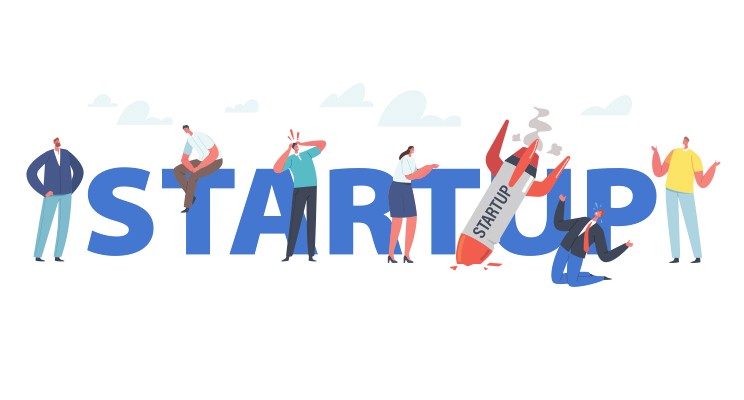Entrepreneurs are notoriously accepting of risk. They have to be, or else they could not take the plunge to start their own business. Unfortunately, new businesses can and do fail — and a good work ethic isn’t enough to save them. Those who believe their entrepreneurial spirit will spare them are sadly misguided.
Of course, hard work does pay off. The question is: what type of hard work are you doing?
Ninety per cent of startups fail, no matter how hard their founders worked. To avoid becoming a statistic, you must know the pitfalls — so your company can land in the top 10 per cent.
Reason #1: Low Cash Flow
As the saying goes, you must spend money to make money. But that only lasts so long. Once you get to a point where you’re spending tons of money to promote your business without achieving profitability, you’re set up for failure. So many new entrepreneurs make this mistake. They assume they need to pump money into product development, marketing and advertising, and staffing — before they have enough cash flowing in to justify these expenses.
To avoid death by low cash flow, launch with your MVP (Minimum Viable Product) and avoid paid media or fancy software until you’re fairly flush with cash. Word-of-mouth advertising, inbound marketing, and good ol’ spreadsheets are totally acceptable as you build your business!
Reason #2: Market Mismatch
Your product may be the best product in the world — 10 years from now. Or perhaps even 10 years ago. Consumer demand is fickle. People don’t like change, which is why you could offer them an amazing new product that they completely ignore. This is why market research is crucial before you go all-in on an idea. What are the barriers to adopting your product? Is your target audience in a place to buy it? Is there something cheaper that solves their problem?

The wider the gap between your offering and what the market wants, the more likely you are to fail. It doesn’t mean your idea is inherently bad… but no business operates in a vacuum. You are always subject to consumer behavior, market trends, and the overall economic state!
Reason #3: Poor Presentation
Remember that famous line from Field of Dreams? “If you build it, they will come”? That’s definitely not true for startups. You can create a brilliant product that solves your target customers’ problems and meets all market demands … and still end up struggling to make sales, which leads to Failure Reason #1.
The cause? You’ve focused on your product’s features rather than its benefits, its sales rather than its relationships. Today’s consumers are weary of constant ads and pitches. They not only want solutions but also meaningful connections with brands. That’s why you could sing a product’s praises all day and get zero sales.

By contrast, if you position your startup as an empowering solution, you’ll be much more likely to build a sustainable customer base. That is crucial to success in the first few years of a business’s life.
So, train yourself to skip the sales talk and focus on how your idea will truly resonate with your target audience. For example, if you’ve just designed an amazing new piece of fitness equipment, don’t focus on the materials/function/etc. Trust me, people will find a comparable product on Amazon. Instead, sell them the benefits: more efficient workouts, guidance from expert trainers, reliable tools, easier at-home exercise, and so on.
Wrapping Up
Customers aren’t really buying products. They’re hiring them to solve their problems. Once you conceive of your startup’s offering, think of it as a service to your target audience. If your idea is already a service, even better! Be sure it aligns with current market need and your ideal customers’ comfort level. And avoid dumping tons of money into it before you can start bringing in cash. There’s a bit of a delicate balance between self-funding and decent cash flow. When you proceed with both caution and passion, you’re better able to avoid the common pitfalls for entrepreneurs — and land in the winning 10 per cent.
This article is inspired by an episode of the Simplifying Entrepreneurship podcast in which I chat with Jay Haynes, founder and CEO at thrv.com and serial entrepreneur. You can watch the full interview below.




0 Comments